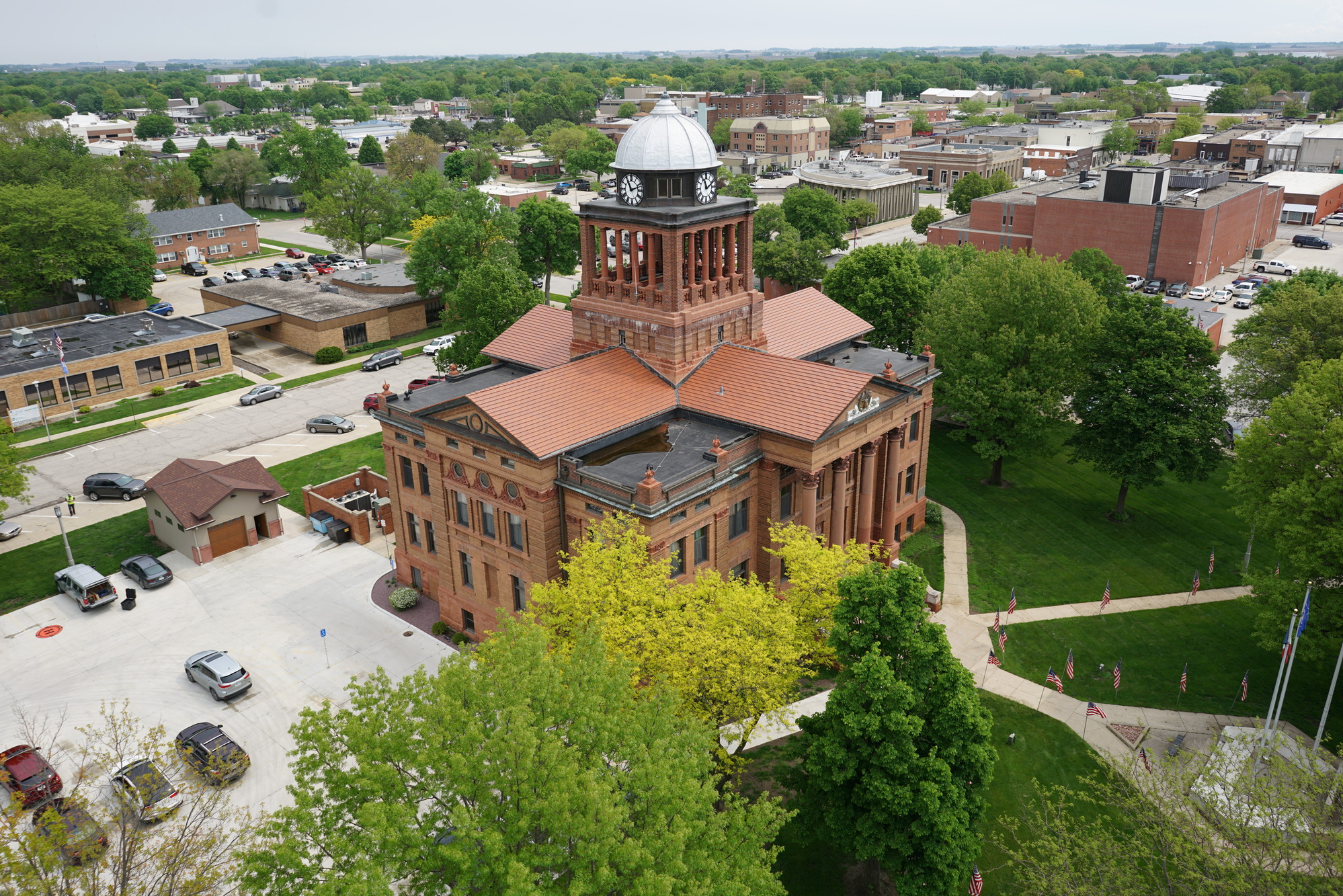An Ecological Approach at ISG
Did you know that integrating our built environment with the natural world can result in a more functional, sustainable, and resilient landscape? Here at ISG, we aim to make tomorrow better than today, and one way we do that is by incorporating ecology into our planning and design work.
Weaving Ecology into the Built Environment
Ecology is the study of relationships between organisms and their environment. Our homes, businesses, and cities are an interconnected component of the environment, as well as natural elements, including soil, the water cycle, the nutrient cycle, wildlife populations, and plant communities. ISG’s plant ecologists understand the importance of this relationship and their influence on one another, and take an ecological approach to each project design.
Our interdisciplinary team of water resource engineers, civil engineers, landscape architects, and environmental scientists work with our team of plant ecologists to restore plant communities and integrate biodiversity. Recently, ISG worked on a prairie restoration project for Moore Memorial Nutrient Bank. The team intentionally designed a customized seed mix consisting of forbs (wildflowers), grasses, and flowering shrubs to provide a habitat for pollinators, including the endangered Rusty-Patch Bumblebee, helping preserve the species and stabilize soils around the built environment.
Multi-Faceted Benefits of Ecological Design
The benefits of this ecological approach are muti-faceted. Effectively using native plants can positively influence water infiltration, water quality, stormwater runoff, and flood mitigation. The health of soil is improved and stabilized, and there are proven improvements to air quality and carbon sequestration. Additional benefits include the cooling of urban heat islands, the support of wildlife habitat, increased recreational opportunities, reduced costs in conservation and restoration practices, and improved health and wellness of people.
Working together with our team of plant ecologists, clients are provided options to integrate biodiversity into projects that not only meet their goals but help shape a better planet for all. Below is a list of services that ISG’s plant ecology team can provide:
- Natural Resource Planning
- Habitat Management Plans
- Invasive Species Management Plans
- Wetland Delineation
- Wetland Restoration
- Grassland Restoration
- Custom Seed Mix Design
- Stormwater Infrastructure
- Landscaping with Native Plants



Related Articles

.webp)
Navigating the MS4 Permit Program: How ISG Supports Communities Every Step of the Way
The management of stormwater runoff is a pressing concern for cities across the nation, and the Municipal Separate Storm Sewer System (MS4) permit program is a critical framework designed to protect water quality and our natural resources.


Optimize Maintenance + Reveal Opportunities with Facilities Assessments
The Clay County Board of Supervisors (County) knew they needed to address facility repairs in their Administration Building, Courthouse, and General Services Center. While maintaining public buildings does not generate excitement, County leaders recognized that deferring upkeep of public facilities can cost more in the long run if left unaddressed and may result in limiting other more impactful projects.

Creating Flood-Resilient Communities: A Case Study in Floodplain Management
In the land of 10,000 lakes, Minnesotans love to live near and play in our abundant water systems. But the effects of population growth, land use development, and climate change pose challenges within floodplain areas, contributing to persistent flooding issues.


Why a Phase 1 Environmental Site Assessment is Critical to Project Success
In the world of real estate development and land acquisition, the road to success is paved with thorough planning and attention to detail. One often overlooked but crucial step in the due diligence process is the Phase 1 Environmental Site Assessment (ESA). Before a client begins any project, ISG often conducts a Phase 1 ESA to identify any recognized environmental conditions (RECs) that could impact the property's value or pose potential risks to public health and the environment. The result of the assessment influences the project’s direction and success long-term.


.svg)




